For a livable future, 60% of oil and gas must stay in the ground
Grist
SEPTEMBER 8, 2021
The researchers set out to estimate how much of the world’s fossil fuel reserves must remain in the ground in order to limit global warming to 1.5 The first has to do with the carbon budget — the amount of carbon that can be emitted before the planet warms more than 1.5 degrees Celsius (2.7


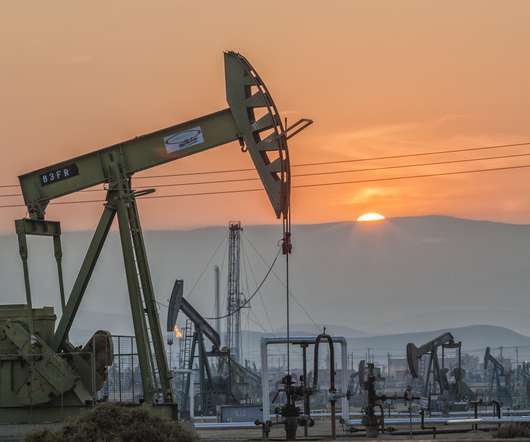
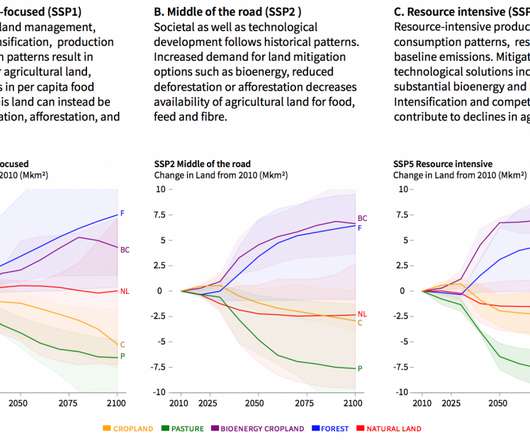



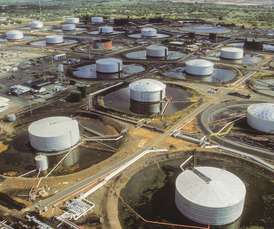


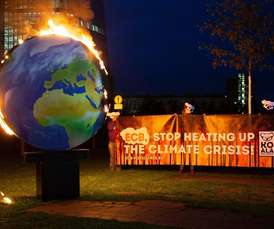




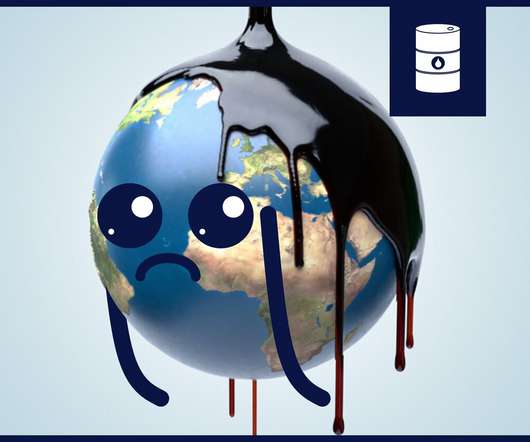








Let's personalize your content